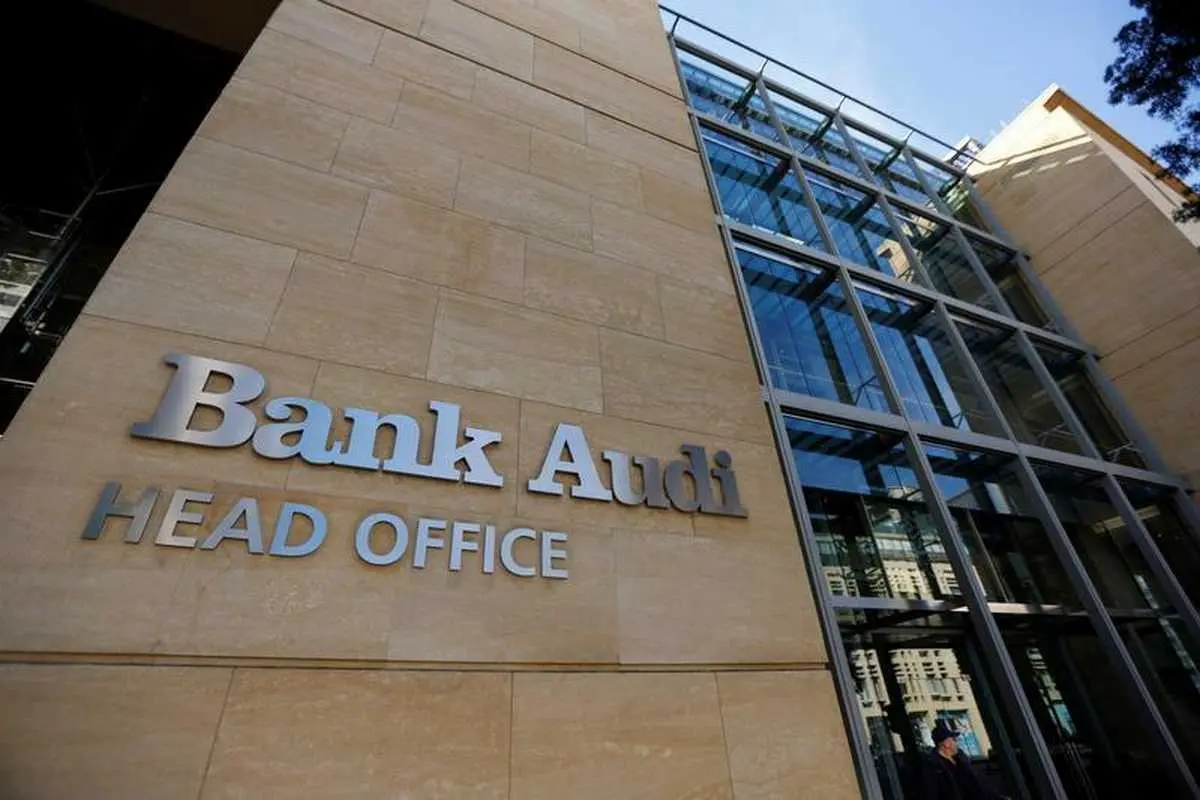PHOTO
BEIRUT: Bank Audi has said that Lebanese lenders remain well-placed to weather the challenges and difficulties they face. While it is true that Lebanese banks are facing persistently tough operating conditions characterized by local political bickering and regional geopolitical tensions weighing on domestic economic activity and their income generation capacity, on top of new taxes affecting their bottom lines, they remain well-placed to navigate through difficulties without much trouble. This is mainly owed to their stable and large deposit base, comfortable financial standing, widely acknowledged conservative practices and globally praised compliance with international standards, Bank Audi said in its report on the banking sector.
It added that despite a drop in lending to the private sector over the past few years, banks could adequately reinforce their financial intermediation role once conditions improved, and support the private sector economy without pressure on their balance sheets. This also comes along a high primary liquidity ratio, covering more than half their deposit base, against 36.1 percent for MENA banks and 25.9 percent at the global level, the report said.
As for the capital adequacy and asset quality despite economic sluggishness, Bank Audi noted that Lebanese lenders maintained solid capitalization levels should pressures arise, boasting a capital adequacy ratio of 17.8 percent.
The domestic regulatory requirement stands at 15 percent, while Basel III requirement stands at 10.5 percent, paving the way for domestic regulatory forbearance if need be. As to asset quality, the ratio of net credit-impaired loans to gross loans stood at 4 percent, which still compares favorably to international benchmarks, the report said.
Bank Audi said the recent rating downgrade did not have an impact on depositors in general.
As banks ratings remain constrained by the sovereign ceiling, they have been subjected to downgrades and changes in outlook in tandem with the rating actions on Lebanons sovereign ratings. The impact of such actions on the depositors community remained however immaterial, given the maintained confidence in Lebanese banks that enjoy sound financial standing amid a tough operating environment, and a weak public sector on the overall constraining the sovereign ratings that are capping bank ratings, the report said.
Bank Audi acknowledged that profitability was becoming a rising challenge for lenders. The main challenge remains tied to profitability. A net decline was witnessed in the Lebanese banking sectors consolidated net profits to reach $2.5 billion in 2018, contracting by 5 percent from the previous year, it said.
Bank Audi said regarding the level of return ratios, results remained similar with the return on average assets dropping to 0.9 percent in 2018 (1.04 percent in 2017), while the return on average common equity dropped from 11.83 percent to 10.68 percent, which is below the cost of equity of Lebanese banks.
In the aim of supporting profitability, Lebanese banks embarked on a series of efficiency measures that contracted cost to income and cost to average assets, Audi said.
It added that Lebanese banks were very keen on fully complying with all international regulatory standards and were quite active in fighting money laundering and terrorism financing.
They [banks] have adequate policies and procedures as well as due diligence rules on clients to promote ethical and professional standards in the sector and to prevent any bank from being used in any illegal activity. Banks maintain solid relationships with global banking authorities keeping them abreast of the latest measures adopted in this regard, the report said.
Copyright 2019, The Daily Star. All rights reserved. Provided by SyndiGate Media Inc. (Syndigate.info).





















